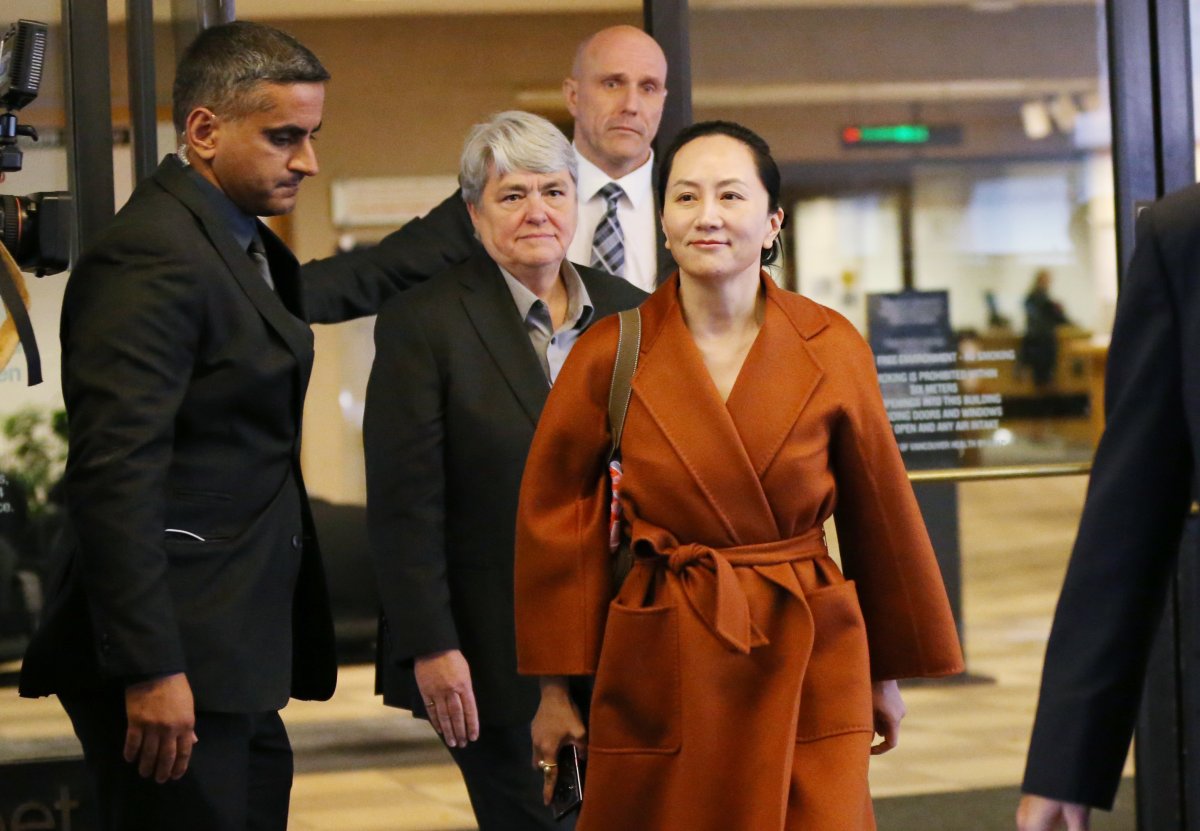Chinese state media credited "China's national power" on Saturday for the release of Huawei executive Meng Wanzhou. She echoed that sentiment on the way back to China.
Meng, the chief financial officer for the telecom giant and daughter of its founder, Ren Zhengfei, had been in Canadian custody since late 2018, awaiting extradition to the U.S. to face fraud charges. On Friday the U.S. Department of Justice (DOJ) agreed to drop the charges against her.
Shortly after, China released two Canadian diplomats, Michael Kovrig and Michael Spavor, who were arrested in China in December 2018 and accused of spying. Many equated their release to a prisoner swap.
On Saturday the Global Times, a state-controlled publication, wrote in an op-ed: "It is China's national power that shaped this final result. A country will be surrounded with more troubles as it gets stronger, but only a strong country can enable us to deal with those troubles with dignity."
While on a flight back to China, Meng wrote about her experiences in a WeChat message, published on Saturday by the South China Morning Post. In it, she gives thanks and shows considerable deference to the Chinese government for helping secure her release.
"Under the leadership of the Chinese Communist Party, our motherland is marching towards great prosperity," Meng wrote. "Without a strong native country, I would not have today's freedom."

She thanked the judge who presided over her case for their "fairness," offered "sincere gratitude" to the Chinese embassy, and expressed her pride in the lawyers that worked her case. She thanked too the Canadian people and the media for showing "tolerance" and thanked the Canadian government "for upholding the rule of law."
Meng was detained by Canadian authorities in December 2018 upon her arrival at Vancouver International Airport. She had reportedly been making a stopover during a trip from Hong Kong to Mexico.
Authorities held Meng on an extradition request from the U.S. over charges for conspiracy to commit bank fraud and conspiracy to commit wire fraud. These charges stemmed from her misrepresentation of Huawei business dealings with an Iranian company, Skycom Tech. Co. Ltd.
The DOJ accused Meng of falsely claiming to a major financial institution that Skycom was only a partner of Huawei's, when in fact it was a subsidiary. Given the sanctions placed on Iran by the U.S., she was said to have lied about the true nature of the relationship so that the institution would keep doing business with Huawei.
"Meng's admissions confirm the crux of the government's allegations in the prosecution of this financial fraud," a statement from the DOJ read. "That Meng and her fellow Huawei employees engaged in a concerted effort to deceive global financial institutions, the U.S. government and the public about Huawei's activities in Iran."
Newsweek has reached out to the Justice Department for comment.
Uncommon Knowledge
Newsweek is committed to challenging conventional wisdom and finding connections in the search for common ground.
Newsweek is committed to challenging conventional wisdom and finding connections in the search for common ground.
About the writer
Thomas Kika is a Newsweek weekend reporter based in upstate New York. His focus is reporting on crime and national ... Read more
To read how Newsweek uses AI as a newsroom tool, Click here.








